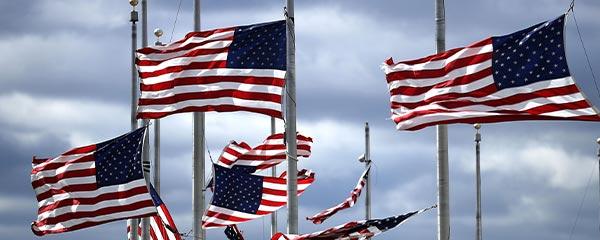PRINCETON, NJ -- Gov. Mark Sanford of South Carolina and Sen. John Ensign of Nevada -- the latest elected officials to admit publicly to having extramarital affairs -- are flying in the face of public opinion if they expect to find Americans condoning their dalliances. ͯ����Ƶ's latest Values and Beliefs update, conducted last month, shows that 92% of Americans say married men and women having an affair is morally wrong, garnering more opprobrium than any other moral issue tested in the poll.

By way of contrast, almost 6 out of 10 Americans say unmarried men and women having sexual relations is morally acceptable. A little over half say having a baby out of wedlock is morally OK. But casting negative moral aspersions on having an extramarital affair is nearly universal, and even exceeds (by one point) the percentage who say polygamy is morally wrong.
There has been little change over the last eight years in Americans' views about married men and women having an affair.


Implications
Despite the fact that Americans overwhelmingly find the recent actions of Sanford and Ensign to have been morally wrong, it is unclear at this point how much of an impact their affairs will have on their careers. Neither has resigned from his office. Both had been mentioned as possible presidential contenders in 2012. A ͯ����Ƶ Poll from November 2007 showed that while 54% of Americans said it would bother them at least moderately if a presidential candidate has had an extramarital affair, another 46% said it would bother them either "not much" or "not at all."
Survey Methods
Results are based on telephone interviews with 1,015 national adults, aged 18 and older, conducted May 7-10, 2009. For results based on the total sample of national adults, one can say with 95% confidence that the maximum margin of sampling error is ±3 percentage points.
Interviews are conducted with respondents on land-line telephones (for respondents with a land-line telephone) and cellular phones (for respondents who are cell-phone only).
In addition to sampling error, question wording and practical difficulties in conducting surveys can introduce error or bias into the findings of public opinion polls.
